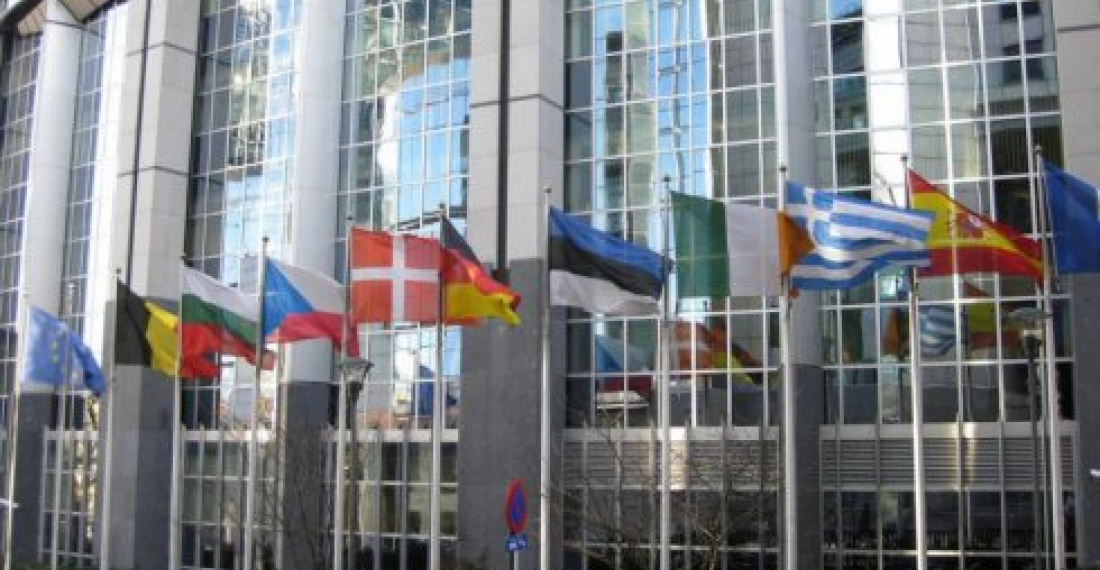Members of the European Parliament are proposing to set-up trust funds for Ukraine, Georgia and Moldova, ahead of the 5th Eastern Partnership summit taking place in Brussels on November 24, 2017.
According to MEPs, the trust funds for the front-runners of the EaP could focus on private and public investment to support social and economic infrastructure. The measure was one of a number of proposals adopted at a meeting of the European Parliament's Foreign Affairs Committee on Tuesday (10 October). The resolution on recommendations for the Eastern Partnership was passed by 40 votes to 6, with 1 abstention. The plenary session of the Parliament is expected to vote on the draft text at its November session in Strasbourg.
MEPs also propose an extended format of further cooperation, "EaP+" - a model which envisages Eastern partners' involvement into customs, energy, and digital union, and even the Schengen area, as well as abolishing mobile roaming tariffs.
According to the Foreign Affairs Committee, bolstering economic reforms help eliminate monopolies while limiting the role of oligarchs, and helps the fight against money laundering and tax evasion.
"The Eastern Partnership Summit should inject new dynamism, set out a clear political vision and remain relevant for all six Eastern partners, who have differing aspirations. We propose an attractive longer-term 'EaP+' model for associated countries that have made substantial progress in implementing reforms," said co-rapporteur Laima Andrikienė from the European People's Party.
"The Eastern Partnership is about more than signing agreements at biannual summits. It is about supporting the EU's Eastern European partners in implementing important reforms in the areas of democracy, rule of law and fundamental freedoms. We want to see more progress on reforms and better implementation of previously agreed initiatives," added Knut Fleckenstein, rapporteur from the Socialists and Democrats group.
source: commonspace.eu with the press service of the European Parliament
photo: The European Parliament building in brussels (archive picture)







